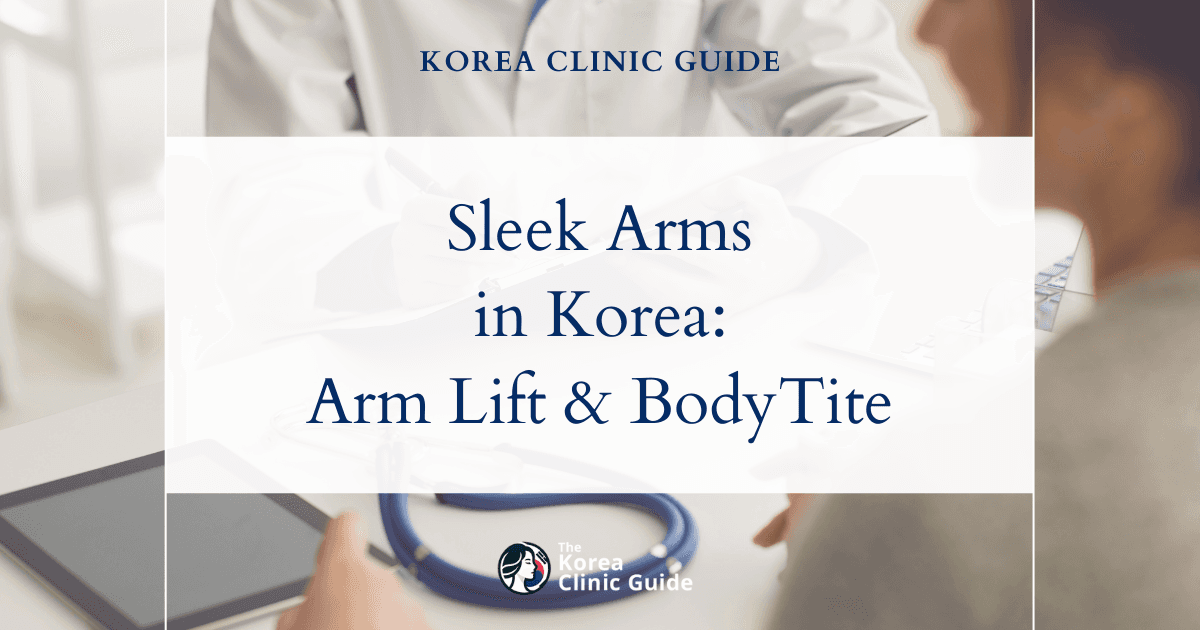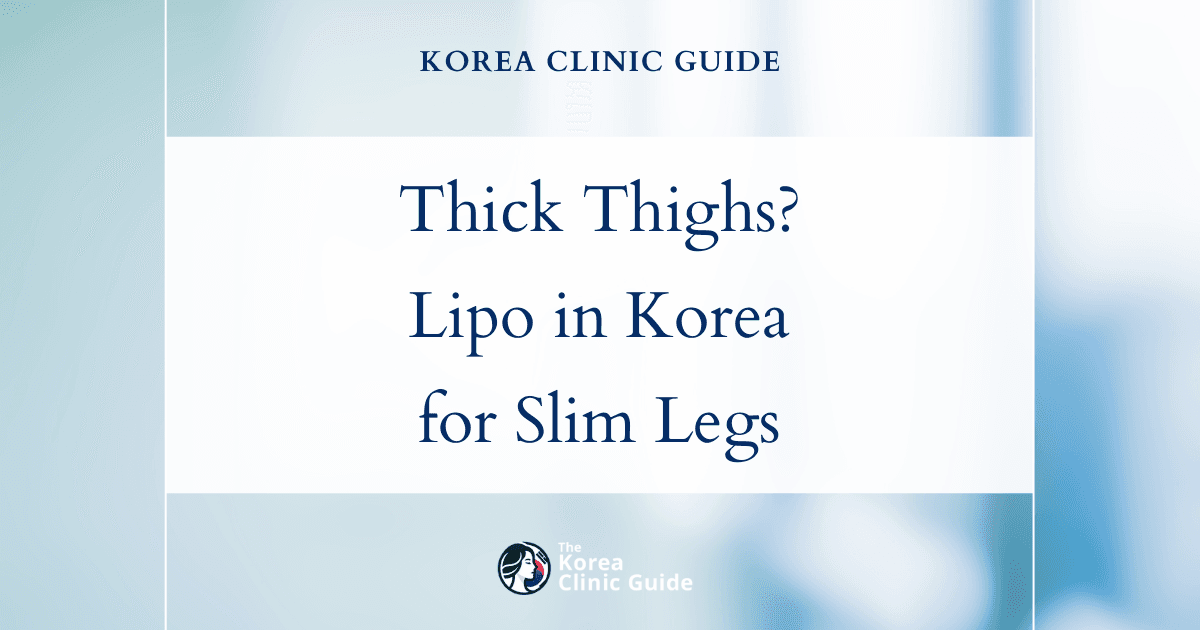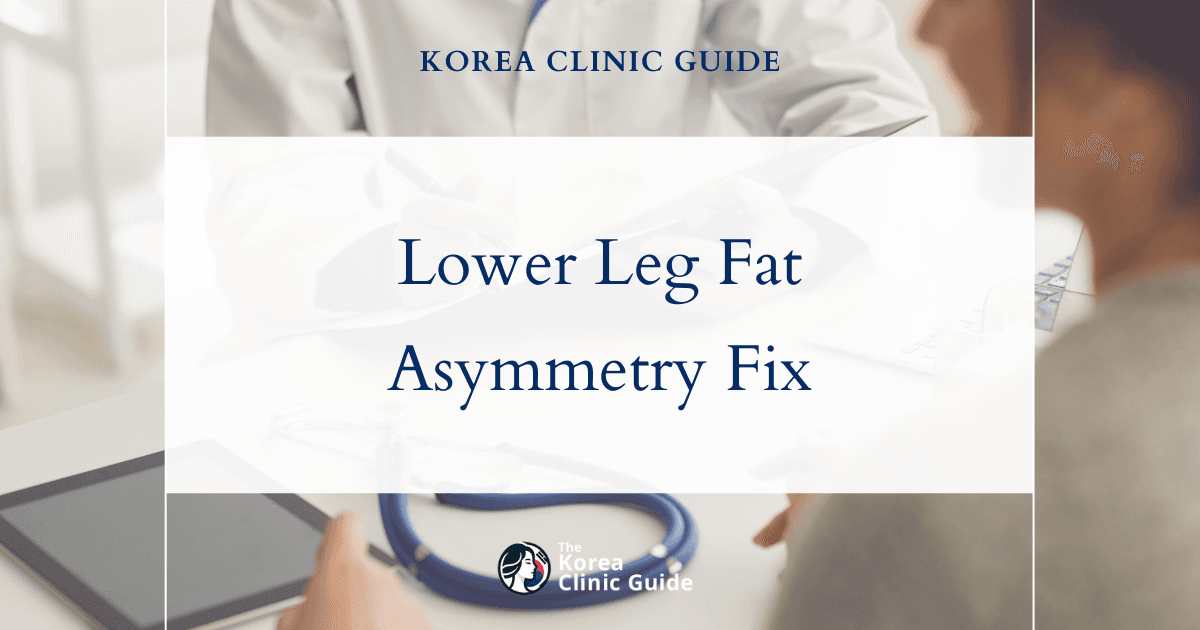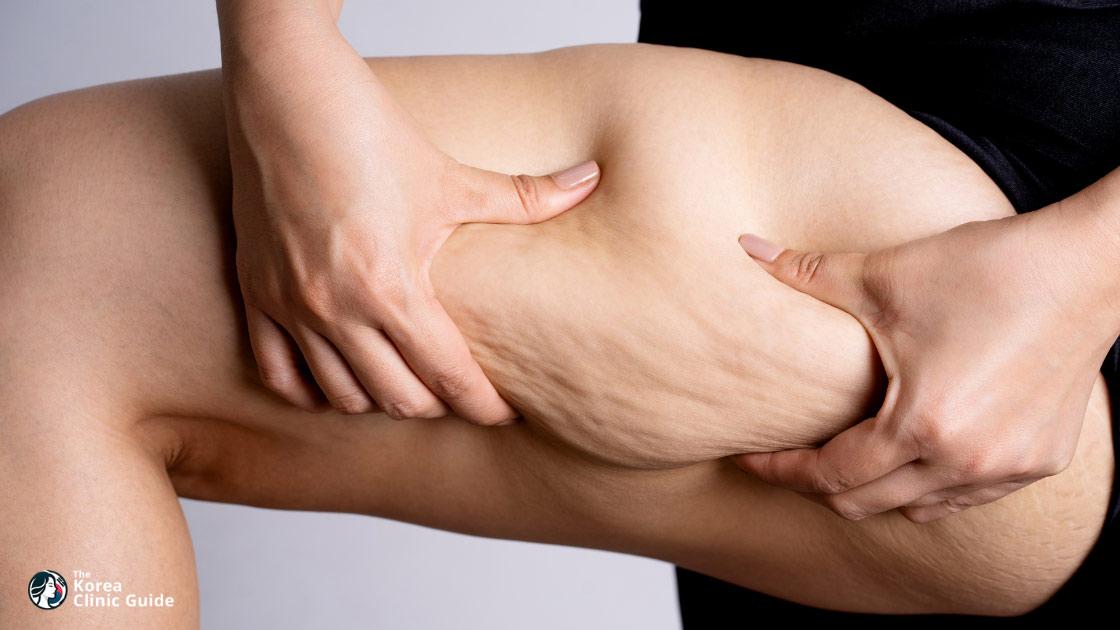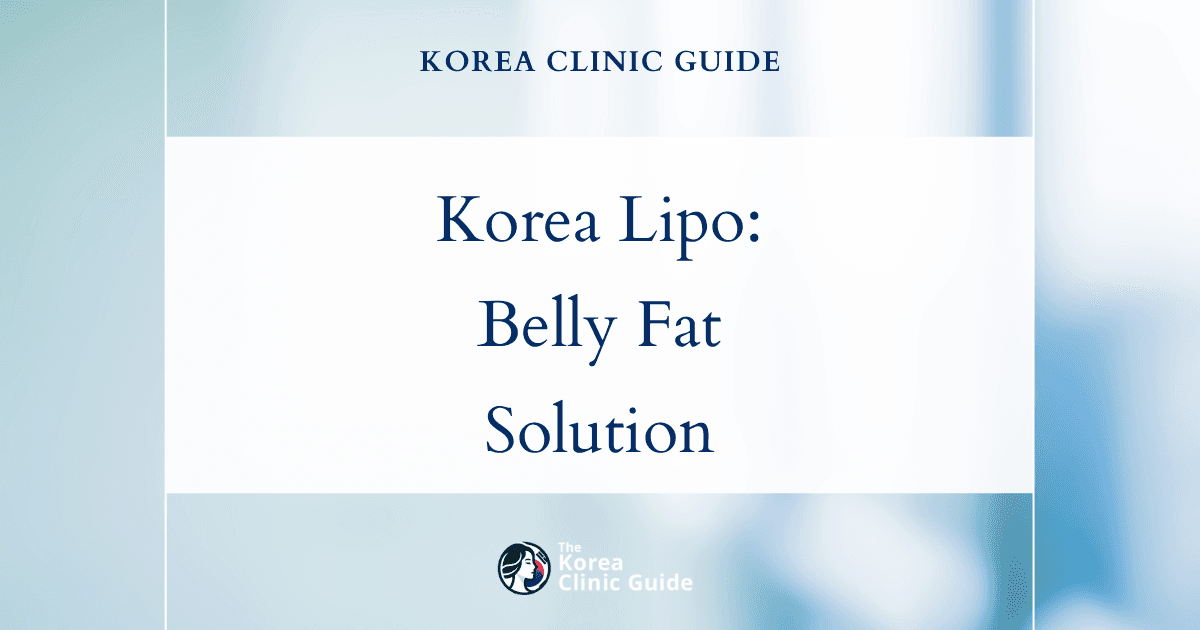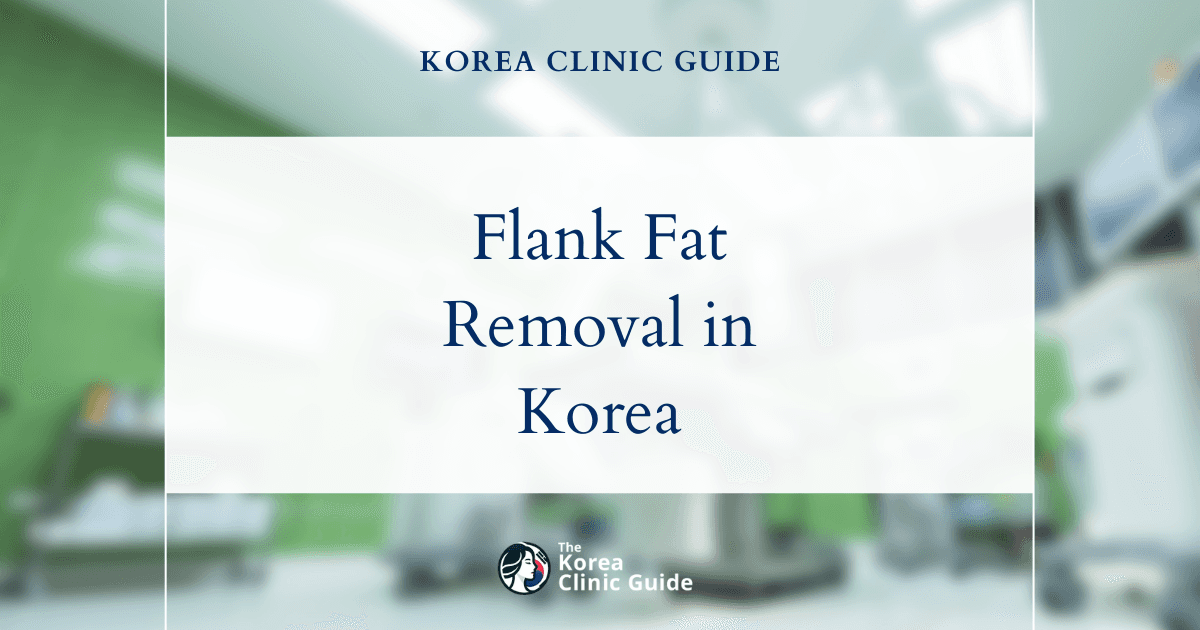Medical Tourism Blog
Diet Pills in Korea | Best Clinics, Costs, Procedure Types & More
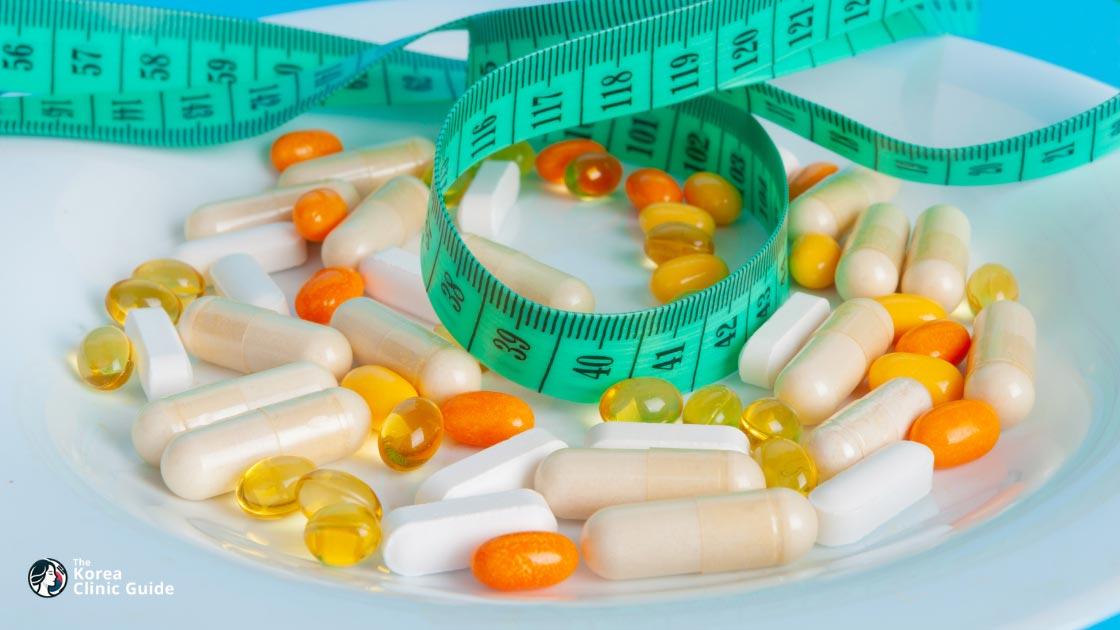
Table of contents
- What Are Diet Pills?
- Best Clinics in Korea for Diet Pills
- Diet Pills in Korea
- Cost of Diet Pills in Korea
- Alternatives to Diet Pills
- Conclusion
Considering treatment in Korea? Everything you need to know e.g. — how to avoid scams, visas, interpreters, recovery tips — in our Medical Tourism Master Guide. Plan with confidence in minutes, not weeks!
Are you aware of the rising trend in Korea, where diet pills have become a sought-after solution for quick weight loss? In a nation renowned for its beauty standards, this phenomenon has led to an in-depth exploration of diet pills, their effectiveness, safety, and alternatives, as detailed in our latest article.
What Are Diet Pills?
Diet pills, also known as weight-loss pills or anti-obesity medications, include prescription drugs and selected over-the-counter diet supplements designed to support weight management. They work through mechanisms such as appetite regulation, reduced fat absorption, improved insulin signaling, delayed gastric emptying, or modest increases in energy expenditure.
Who Are Diet Pills For?
Diet pills are typically considered for adults who:
-
Have a BMI ≥30, or
-
Have a BMI ≥27 with obesity-related conditions (e.g., type 2 diabetes, hypertension, dyslipidemia), and
-
Have not achieved adequate results with nutrition and physical activity alone.
Medication choice should reflect medical history, cardiometabolic risk, and patient preferences. GLP-1/dual-incretin injectables (e.g., semaglutide, tirzepatide) are now widely used globally due to superior average weight-loss outcomes versus older options, while safety monitoring and access vary by country.
Types of Diet Pills
There are several categories of diet therapies, each acting differently to reduce body fat and support weight management:
1. Appetite Regulators / Centrally Acting Agents
-
Phentermine (short-term use): Sympathomimetic that suppresses appetite; in Korea, phentermine and related agents are treated as restricted ingredients because of abuse and safety concerns, so prescribing is controlled and monitored.
-
Naltrexone/Bupropion (brand often “Contrave”): Targets reward pathways and appetite; produces ~5–10% weight loss when paired with diet and exercise.
-
Important update: Lorcaserin (Belviq) was withdrawn from the market in 2020 due to a cancer-risk signal and is no longer recommended.
2. Fat-Absorption Inhibitors
- Orlistat (Xenical/alli): Inhibits gastrointestinal lipases and reduces fat absorption by ~25–30%. Expect gastrointestinal side effects if meals are high in fat; take with a multivitamin at a different time. Evidence supports modest weight loss when combined with lifestyle change.
3. Incretin-Based Injectables (Weekly)
-
Semaglutide (Wegovy): GLP-1 receptor agonist; approved for chronic weight management in many countries and approved in South Korea in 2023, with local launch announced/underway from October 2024. Typical weight loss averages ~15% in clinical programs. Supply and pricing have evolved with periodic shortages and recent local price cuts.
-
Tirzepatide (Mounjaro/Zepbound): Dual GIP/GLP-1 agonist; Korea expanded approval to include obesity in 2024, with local launch/pricing updates in 2025. Trials report ~20% mean weight loss at 72 weeks.
4. Thermogenic “Fat Burners” (Stimulant-Containing)
Caffeine-based products may slightly increase energy expenditure, but effects are generally modest and can cause jitteriness or insomnia. Non-prescription stimulants should be used with caution and medical guidance, especially in those with cardiovascular risk. (Avoid ephedrine/ephedra products; they carry safety concerns and are tightly restricted in many jurisdictions.)
5. Herbal & Over-the-Counter Options
- Green tea / tea extract (EGCG-rich): Small but measurable effects on fat oxidation and body composition have been reported, especially when combined with exercise; however, concentrated green tea extract capsules (high EGCG doses) have been linked to rare liver injury. Choosing brewed green tea (2–4 cups/day) or food-based catechins is generally safer than high-dose pills.
Procedure and Administration
-
Prescription medicines come with dose-escalation schedules (e.g., weekly titration for GLP-1/GIP agents) and monitoring plans to maximize efficacy and reduce side effects.
-
OTC options/diet supplements vary widely in quality and dose; discuss any tea extract, caffeine, or multi-ingredient products with a clinician to avoid interactions.
-
Typical regimens are taken with meals (e.g., orlistat) or weekly (e.g., semaglutide/tirzepatide). Ongoing follow-up ensures healthy weight loss and helps manage gastrointestinal or neuropsychiatric side effects.
Efficacy and Safety
Medications work best alongside nutrition, sleep, stress management, and activity. Common effects include gastrointestinal symptoms (orlistat: oily stools; GLP-1s: nausea), and rare risks require individualized counseling. In Korea, misuse of aesthetic “slimming” drugs is actively monitored by regulators—GLP-1 class obesity treatments are priority surveillance targets—so expect clinics to require proper indications and follow-up.
Best Clinics in Korea for Diet Pills
Listed below are the best clinics in Korea for diet pills:
| Clinic Name | Key Features | Special Techniques |
|---|---|---|
| 365mc Hospital | 365mc Hospital is Korea’s dedicated obesity-treatment institution focused solely on body contouring and fat reduction, delivering hospital-level safety that meets—and exceeds—the standards of large medical school surgery centers and is recognized by the Korean Health Ministry Seal. With over 20 years at the forefront of liposuction and body contouring, an expansive network of 18 clinics and 22 main doctors, more than 3,000 surgical liposuctions, and an exceptional safety record distilled from 5 million treatments, 365mc blends precision technology with comprehensive care: AI-enhanced procedures including the Microsoft co-developed M.A.I.L. System for real-time surgical feedback, minimally invasive options like LAMS, and a meticulous recovery pathway featuring 1:1 care on surgery day and a structured 7-week program with hyperbaric oxygen therapy and personalized dietary consultations—helping patients achieve refined, natural-looking results with greater comfort and confidence. | M.A.I.L. System (AI-enhanced procedures for real-time surgical feedback); LAMS (Local Anesthetic Minimal-Invasive Liposuction); Hyperbaric oxygen therapy |
| Three Wishes Clinic - Myeongdong | Three Wishes Clinic – Myeongdong delivers personalized, advanced medical beauty care in the heart of Seoul, putting safety and satisfaction first on your journey to a more confident you. For people using physician-guided weight-loss strategies such as prescription diet pills, the clinic stands out as an ideal partner thanks to its expertise in complementary body-contouring and skin-rejuvenation treatments that refine results, maintain motivation, and support overall well-being with minimal downtime. | Fat dissolving injections; Shurink ultrasound; Thread lifting; Fillers; Botox; CO2 laser resurfacing; Chemical peels; Rejuran Healer; Semi-permanent makeup; Minimal downtime procedures; Myeongdong location |
| 365mc Hospital - Sinsa | 365mc Hospital – Sinsa Branch is a leader in obesity treatment in South Korea, offering state-of-the-art, physician-led care designed to improve health and appearance in a safe and responsible manner. With an expert team, advanced techniques, and the latest technology, the Sinsa branch delivers precise, predictable results—making it an ideal choice for people exploring diet pills who want medically grounded guidance and proven, procedure-based solutions that can achieve targeted outcomes when medication alone may not suffice. | Why it stands out for people considering diet pills; Dedicated obesity-focused center with rigorous safety standards and responsible care; Highly trained professionals using advanced technology for optimal, predictable results; Minimally invasive options (LAMS) that deliver targeted change with minimal downtime; Comprehensive body-contouring offerings for areas often resistant to diet and exercise; Established leadership in obesity treatment across South Korea; LAMS (Liposuction Assisted Morphological Surgery); Abdomen Liposuction; Arm Liposuction; Thighs Liposuction; Love Handles Liposuction; Face Liposuction |
365mc Hospital
365mc Hospital is Korea’s dedicated obesity-treatment institution focused solely on body contouring and fat reduction, delivering hospital-level safety that meets—and exceeds—the standards of large medical school surgery centers and is recognized by the Korean Health Ministry Seal. With over 20 years at the forefront of liposuction and body contouring, an expansive network of 18 clinics and 22 main doctors, more than 3,000 surgical liposuctions, and an exceptional safety record distilled from 5 million treatments, 365mc blends precision technology with comprehensive care: AI-enhanced procedures including the Microsoft co-developed M.A.I.L. System for real-time surgical feedback, minimally invasive options like LAMS, and a meticulous recovery pathway featuring 1:1 care on surgery day and a structured 7-week program with hyperbaric oxygen therapy and personalized dietary consultations—helping patients achieve refined, natural-looking results with greater comfort and confidence.
- Obesity-only focus with hospital-level safety and Korean Health Ministry Seal recognition, creating a trusted clinical environment for medically supervised weight-loss plans, including those that involve physician-prescribed diet medication.
- End-to-end, medication-friendly care pathway: 1:1 intensive recovery support and a structured 7-week program that includes hyperbaric oxygen therapy and personalized dietary consultations to align medication use with sustainable nutrition and lifestyle habits.
- Data-supported progress tracking through personalized nutrition counseling and a dedicated meal diary app, offering practical, real-world diet solutions that complement any doctor-directed medication plan.
- Scale and experience that matter: 20+ years, 18 clinics, 22 main doctors, 3,000+ surgical liposuctions, and 5 million treatments inform robust safety systems and consistent patient care.
- Advanced options beyond pills: comprehensive liposuction across the abdomen, back, chest, hips, neck, thighs, and arms, plus LAMS (Local Anesthetic Minimal-Invasive Liposuction) for targeted fat reduction with minimal downtime and no scarring.
- AI-enhanced precision through the M.A.I.L. System, helping optimize body shape and surgical accuracy—useful when refining areas that medication and diet alone may not address.
- Acceptance of complex cases and a commitment to satisfaction, backed by specialized facilities and long-course aftercare to support safer outcomes.
- Ongoing education and outreach—seminars, workshops, university collaborations, and publications—underscoring expertise in nutrition and weight management that supports responsible, physician-guided use of diet medication.
- Tailored aesthetic programs, including the Hourglass Hip approach, to harmonize body-line goals with medical weight-management strategies for more complete, confidence-building results.
You can check out their website here: 365mc Hospital Website
Three Wishes Clinic - Myeongdong
Three Wishes Clinic – Myeongdong delivers personalized, advanced medical beauty care in the heart of Seoul, putting safety and satisfaction first on your journey to a more confident you. For people using physician-guided weight-loss strategies such as prescription diet pills, the clinic stands out as an ideal partner thanks to its expertise in complementary body-contouring and skin-rejuvenation treatments that refine results, maintain motivation, and support overall well-being with minimal downtime.
- Safety-first philosophy with patient-centered planning that aligns aesthetic care to your individual goals during a weight-loss program
- Complementary body contouring with fat dissolving injections to target stubborn pockets (e.g., chin, jowls, jawline) without surgery
- Skin tightening with Shurink ultrasound to help address post-weight-loss laxity on the face or body, needle-free and downtime-light
- Subtle lifting and definition via thread lifting, ideal for restoring contours as volume changes with weight reduction
- Rapid, customizable enhancements like fillers and Botox to refresh facial balance and maintain a youthful look throughout your journey
- Skin-quality optimization after weight changes with CO2 laser resurfacing, chemical peels, and Rejuran Healer to improve texture, elasticity, and fine lines
- Ongoing maintenance through tailored skin care treatments that cleanse, hydrate, and protect results
- Confidence-boosting options such as semi-permanent makeup (brows, hairline/scalp, lips) to streamline daily routines and enhance features as your appearance transforms
- Efficient, minimally invasive procedures with little downtime, helping you stay consistent with your broader weight-management plan
- Convenient Myeongdong location with a welcoming, personalized experience designed to keep you supported from start to finish
You can check out their website here: Three Wishes Clinic - Myeongdong Website
365mc Hospital - Sinsa
365mc Hospital – Sinsa Branch is a leader in obesity treatment in South Korea, offering state-of-the-art, physician-led care designed to improve health and appearance in a safe and responsible manner. With an expert team, advanced techniques, and the latest technology, the Sinsa branch delivers precise, predictable results—making it an ideal choice for people exploring diet pills who want medically grounded guidance and proven, procedure-based solutions that can achieve targeted outcomes when medication alone may not suffice.
-
Why it stands out for people considering diet pills
- Dedicated obesity-focused center with rigorous safety standards and responsible care
- Highly trained professionals using advanced technology for optimal, predictable results
- Minimally invasive options (LAMS) that deliver targeted change with minimal downtime
- Comprehensive body-contouring offerings for areas often resistant to diet and exercise
- Established leadership in obesity treatment across South Korea
-
Minimally invasive procedure
- LAMS (Liposuction Assisted Morphological Surgery): Combines liposuction with precise body contouring to deliver targeted, effective outcomes with minimal downtime and high satisfaction
-
Precision liposuction procedures
- Abdomen Liposuction: Targets excess abdominal fat to smooth and contour the midsection
- Arm Liposuction: Removes upper-arm fat to create a firmer, more sculpted profile
- Thighs Liposuction: Reduces thigh fat to enhance lower-body proportionality
- Love Handles Liposuction: Addresses waist and flank fat to better define the waistline
- Face Liposuction: Targets areas such as the chin and neck to refine facial contours and define the jawline
-
What you can expect at 365mc Hospital – Sinsa
- Personalized treatment plans delivered by experts focused on safety and satisfaction
- Advanced techniques and technology applied in a responsible, results-driven manner
- A trusted destination for individuals weighing diet pill options and seeking evidence-informed, procedure-based pathways to achieve their goals
You can check out their website here: 365mc Hospital - Sinsa Website
Diet Pills in Korea
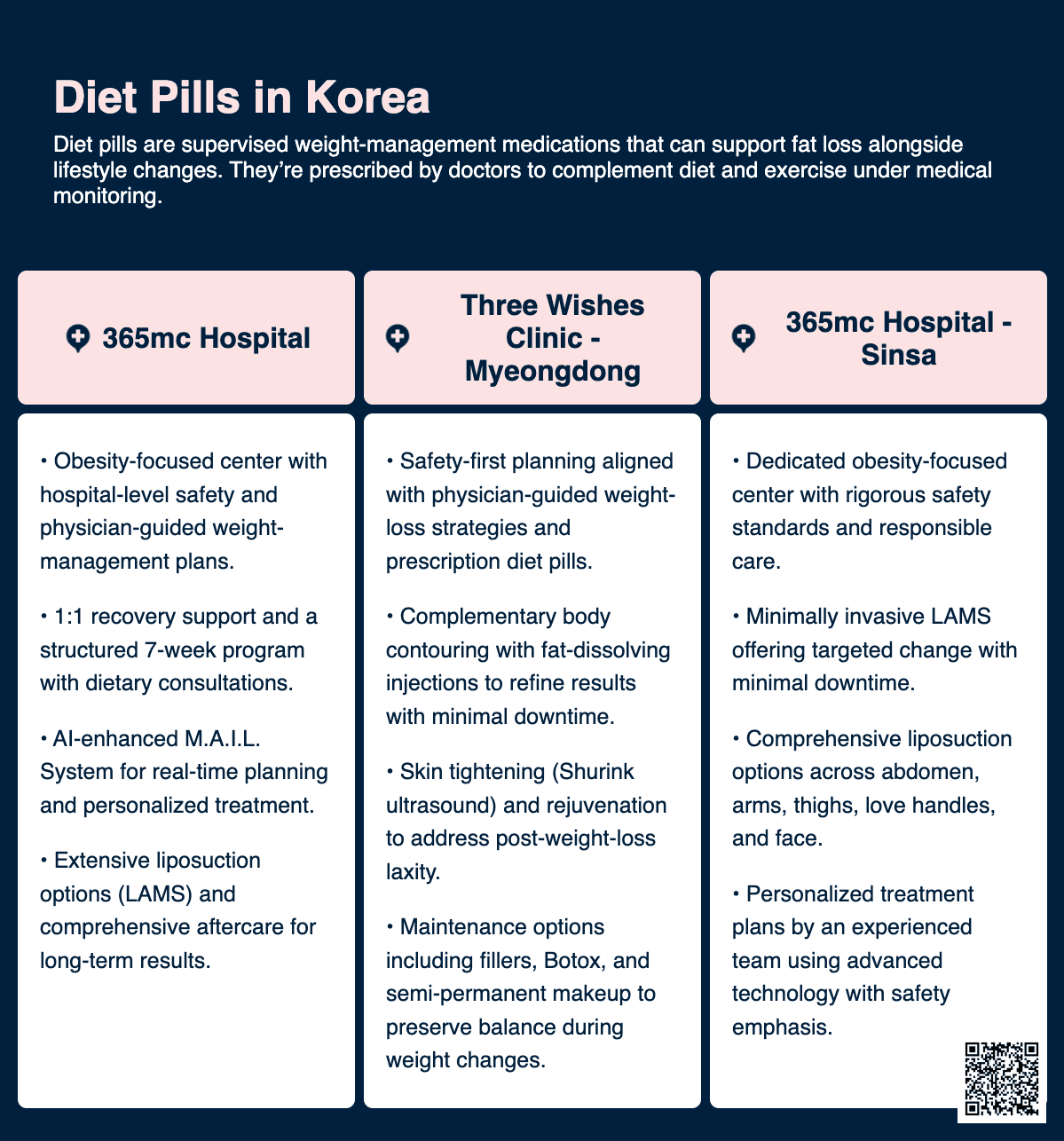
In South Korea, interest in weight management is high, but treatment is structured and medicalized:
Initial Consultation
You’ll typically meet an internal-medicine, endocrinology, family-medicine, or obesity-medicine physician. The visit covers medical history, medications, sleep, diet, labs (e.g., lipids, A1c), and goal-setting.
Prescription and Regulations
Korea emphasizes prescription-based therapies to enhance safety. GLP-1/dual-incretin injectables (semaglutide, tirzepatide) are now available locally; phentermine and similar sympathomimetics are tightly controlled; and clinicians will screen for contraindications (e.g., pregnancy, certain endocrine or psychiatric conditions).
Follow-Up Visits
Expect dose titration, side-effect management (e.g., anti-nausea strategies for GLP-1s), and periodic labs. Visits are typically every 4–8 weeks initially.
Diet and Lifestyle Counseling
Most clinics provide or refer to dietitians/exercise programs. Emphasis is on sustainable calorie balance, protein adequacy, resistance training, and cardio to preserve lean mass and maximize body fat reduction.
Safety and Side Effects
Providers review pancreatitis history, gallbladder disease risk, thyroid issues, and mental health. Report severe abdominal pain, persistent vomiting, or signs of liver issues promptly—especially if taking concentrated diet supplements like high-dose green tea extract.
Integration with Traditional Methods
Some clinics integrate Traditional Korean Medicine (TKM)—such as acupuncture and herbal formulations—as adjuncts. Evidence quality varies, so these are typically additive to (not replacements for) evidence-based pharmacotherapy.
Costs and Insurance
For aesthetic/obesity indications, most medicines (including GLP-1s) are not covered by NHIS, so patients pay out-of-pocket. Pricing can change quickly due to supply and competition (see ranges below).
Cost of Diet Pills in Korea
Costs vary by medication, dose, clinic, and recent pricing updates:
-
-
Wegovy (semaglutide): After 2025 price cuts, starter doses have been reported around ₩220,000 per month, with higher doses historically ranging ~₩400,000–₩600,000+; actual retail depends on pharmacy/clinic. Expect separate consultation fees.
-
Mounjaro/tirzepatide (obesity indication): Early local reports suggest supply prices for low doses around ₩278,000; retail to patients varies by markup and dose.
-
-
-
Naltrexone/Bupropion (Contrave): List prices can be high but may be reduced via programs; confirm local availability and clinic pricing.
-
Orlistat: Generally less expensive than GLP-1s; exact KRW pricing varies by brand and pharmacy.
-
-
Clinic fees: Typical initial consult ₩50,000–₩150,000, with lower follow-ups (varies by clinic).
Traveling to Korea solely to buy medication is not recommended. Import rules are strict, and many prescription obesity drugs require local evaluation. Always verify personal import/visa and medication rules before travel. (General import restrictions and narcotics rules are strictly enforced.)
Flight & Stay (if combining with broader care)
Typical flight and lodging costs fluctuate by season and origin; if you plan broader medical care, budget for additional consults, labs, and follow-ups.
Alternatives to Diet Pills
Medication is only one tool. Evidence-based non-drug approaches can deliver meaningful, sustainable results and often improve response to medication:
1. Dietary Modifications
Adopt a protein-forward, fiber-rich pattern emphasizing minimally processed foods. This supports satiety and preserves lean mass while reducing body fat.
Examples:
-
Optimize protein (≈1.2–1.6 g/kg/day if feasible).
-
Choose whole grains, vegetables, legumes, fruits, nuts/seeds; limit ultra-processed snacks and sugar-sweetened beverages.
-
Consider swapping sugary drinks for green tea to add catechins without excess calories.
2. Regular Physical Activity
Combine resistance training (2–3×/week) with moderate-to-vigorous cardio (150–300 min/week). Exercise improves cardiometabolic health and helps maintain weight loss; pairing training with catechin-rich beverages (like green tea) has shown small additional body-composition benefits in some studies.
3. Behavioral Therapy
Use structured goal-setting, food/activity tracking, sleep hygiene, and stress reduction. Cognitive-behavioral strategies help maintain habits long-term.
Note on “natural” products: Some diet supplements (e.g., concentrated tea extract) can interact with medications or stress the liver at high doses. Favor food-first strategies and discuss supplements with your clinician.
Conclusion
Diet pills in Korea are part of a medical, stepwise approach to weight management—with increased use of GLP-1 and dual-incretin therapies for durable reductions in body fat, and tighter monitoring of misuse. Older agents (e.g., orlistat, naltrexone/bupropion, short-term phentermine) still play targeted roles based on patient profile and access, while green tea and other lifestyle habits remain foundational.
If you’re considering treatment, start with a medical evaluation, align on realistic goals, and layer medication onto nutrition, activity, sleep, and behavioral support. Be cautious with over-the-counter diet supplements (including concentrated green tea extract) and verify local regulations, costs, and follow-up availability before you begin.
